#love(1919)
Text

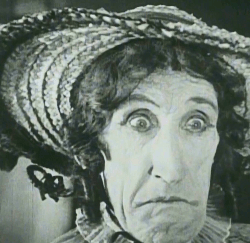



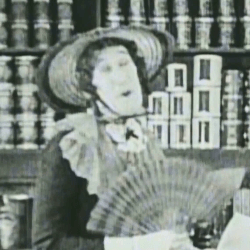
Yankee Doodle in Berlin (1919, F. Richard Jones) / Love (1919, Roscoe Arbuckle) / The Grocery Clerk (1919, Larry Semon) / High and Dry (1920, Jack White)
An older man with a skinny face and eagle nose, Hayes joined Keystone in 1914, and until 1918 was seen playing various irritable fathers and Keystone cop chiefs in more than 40 Keystone and Sennett comedies.
Born in San Francisco, Hayes debuted on the stage in 1918 and appeared with Harvey Cook and Laurette Taylor, before entering films. Hayes left Sennett to become a member of the Fox Sunshine company in the late 1910s, and worked in Fatty Arbuckle's Comique comedy Love (Par 1919). In 1920, he appeared with chimp comedians Joe Martin (Prohibition Monkey for Universal) and Snooky the Humanzee (A Trayful of Trouble for Chester). Sometimes Hayes played roles in drag — usually as frighteningly ugly harridans. Hayes' drag appearances included Sennett's feature Yankee Doodle in Berlin, Larry Semon's School Days (Vitag 1920) and the Mermaid Comedy Sunless Sunday (Educ 1921). He appeared in features up to his death, including A Hoosier Romance (Selig 1918), Cupid Forecloses (Vitag 1919), The Lure of Egypt (Federal-Pathé 1921), Souls in Bondage (Sanford 1923) and Greed (M-G-M 1924).
His daughter Venice Hayes worked as an actress at Keystone circa 1915, and his son Ward Hayes also worked at Keystone and later become a director. Frank Hayes died of pneumonia at 52, in his home not far from the Sennett studio. He left wife Lottie H., sons Ward and Chris, and daughter Venice, and was buried in San Francisco.
-Walker, B.E., 2010, Mack Sennett's Fun Factory, McFarland&Company, Inc., Publishers, p. 513
2 notes
·
View notes
Text
Keep saying this but I loooove how relationships are talked about and portrayed in Demian (1919). Like. To an insane degree that I can barely put into words. It bothers me how overlooked it is sometimes? People always have a tendency to shove fictional relationships into very cramped, defined little boxes and then fight over the plastic label.
The way relationships are seen in Demian is one of the main reasons why I hold this book so close to my heart, because it was the first time I saw my thoughts put into words that I could analyze and study. That and the whole premise of how growing up in a religiously oppressive environment disguised with love and purity will inevitably affect how you process your feelings toward others... Makes me relate to Sinclair a lot. And it feels like a gross oversimplification to restrict his feelings as platonic or romantic.
I've talked about how I see Demian and Eva as extremely related entities before, how they are essentially the same. But I think their distinction as physical characters is very useful for the storytelling and symbolism. As I see it, Demian (the book) is all about love. It's not just about finding love in someone else but also finding love in yourself, in what you do and where you are in your life. This might be more of a personal interpretation, but to me, Eva represents a very, very specific feeling, in a way it's a culmination, a point where you finally stop to think and say to yourself "maybe I am okay. This is what okay feels like to me". Freudian influence aside... The motherly themes hit me really hard for this very reason:
When I read how Sinclair slowly fell out with his family, it spoke of a very specific experience. A very specific realization. "This deal isn't that of a bad friendship or acquaintance. I won't have a second chance. Simply because of how I was born, where I was born, there are human experiences that I'll never be able to know, and I am powerless to change that", you cannot choose your family, your mother, right? It's what you get, and you see around you what could've been but never was, and it makes you feel weak.
That's why Frau Eva is such an important figure. Because that is when Sinclair finds his family again, in a way. Why should blood matter so much? Sure, there's a biological connection, it's also been studied that romantic relationships reach their "high" during their earlier days due to hormones and neurotransmitters, right, "love at first sight", but those will eventually cease production as all does. It is your choice to nurture that relationship and to cherish it, to keep and to care for it. Blood does not matter, home is a person and it's right next to me, right now. I think that is what Frau Eva is, as a whole. And allowing that feeling to coexist with the platonic and the romantic is very important as I see it. One of the main problems of this motherly dynamic is the power difference, what makes Sinclair struggle in his childhood is the constant sensation of being watched, of being subjected to severe judgement. Frau Eva is supposed to remove that factor, she listens and she welcomes any thought or idea, there isn't fear of rejection or punishment, that's what makes it feel "like home". That was, kind of, the last step to reach the fulfillment Sinclair needed. I see Eva as the "destination" of this whole thing.
And Demian, he is the journey. One of the biggest mistakes one can make is to dismiss the process and work that goes into an achievement, because it is important. There is no Eva without Demian, they are intrinsic by nature. And journey is something that never leaves you. Even when Sinclair reaches his destination, he never stops caring about Demian. He visits Eva and he visits Demian, even if he has to walk through horrible weather, he speaks of his dreams to them, and he sits at the table and eats with them. Because during your journey you gain so many things you never expected, and at the end of the road, they become part of your fulfillment and needs as much as the main achievement is.
What Sinclair obtains from Demian and Eva, and everything in between them, is a unique relationship, deeply fulfilling, trusting, reassuring, a place where you know you can come to, even when you're at your lowest. Eva capitalizes on the genuine care, nurturing qualities, but Demian, too is a mentor, although I find falconer to be a better comparison. He helps the sparrowhawk grow its clipped wings, but in turn, he shall not stop it from flying, only the bird itself can choose to return the falconer's affections. But at the end of the day, all the falconer wishes for is to see him take flight. Sinclair obtains everything: friendship, camaraderie, acceptance, relief of a deep rooted guilt, no judgement for his human desires, the care and trust he lost from his mother, and something to look forward to after waking up in the mornings.
At the end of the book, Sinclair is separated from both of them, as I've said, they are intrinsic. But of course, they don't fully leave. As I see it, the kiss being from Eva means that your achievement is and will always be a sweet thought. Something you hold dear, that you can think of to comfort yourself. But Demian is there to deliver it and to fix Sinclair's wounds because journey is experience. It is what strengthens you and gives you the tools to face future endeavors. And it feels safe... You are finally safe within yourself.
But what about the scary factor, though? Because that is present too in both Demian and Eva (which I happen to really enjoy, as well). As always, I think it's a balance. It's good to know fear, it's a human emotion like any other. But the fear that radiates from them is more... Animal-like. The fear Sinclair once felt was a deep rooted terror that was born from something divine. You're being watched. You're being judged. You're wrong. You're a sinner. That's scary. Because it's telling you that the danger comes from yourself. When you see a beast staring into you, you don't feel self conscious, you don't feel repulsed, you feel the most natural shape that fear has. Beautiful things are scary. A snake can be scary. The stars can be scary. But it's not their fault, and it's not your fault either, it's just how it's meant to be. Because all feelings —love, anger, fear, sadness— and more, they are all important, they are all natural. But natural feelings can be beautiful. Artificial feelings make you fear something you've never witnessed, they make your stomach churn at the thought of yourself and they make you cry for something you haven't done. And most people around you live holding onto relationships that are, fundamentally, held by artificial feelings.
That is... Most of what I interpret from this book. And, god. It feels more like the book read me and not the other way around. I think I've truly found a bigger respite in art thanks to this novel. I have wanted to see the same beauty in the naturally grotesque... Learn about myself until rotting, flesh, maggots become just as beautiful and full of meaning as spring rivers and flowering plains, and for anger and fear to turn into something I can love and cherish like I do my inner child. Although they, too, have surely grown up.
That's it. I wanna play toysssss
#rambling#demian (1919)#I FUCKING LOVE THID BOOK!!!! FUCL????!!!!!!#Ramble ramble ramble again because i thought about them for a bit too long again#I hope you guys know that i have this wall of text as a constant inner monologue whenever i draw#anything demian (1919) related#including limbus fanart#(all my limbusclair fanart has references from my fucke up mind)#have a wonderful day hesse fandom
46 notes
·
View notes
Text
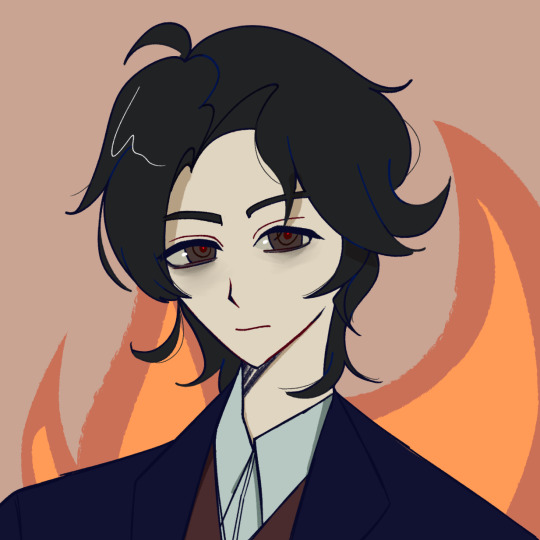
Pistorius
design by @spiralingtrap thank you for my life..
#i love your design of him sm i hope this is ok..#limbus company#Demian (1919)#hermann hesse fanart#Pistorius
35 notes
·
View notes
Text



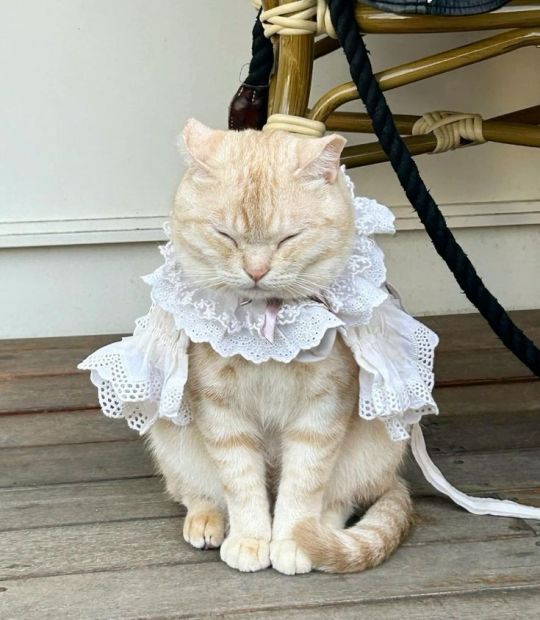

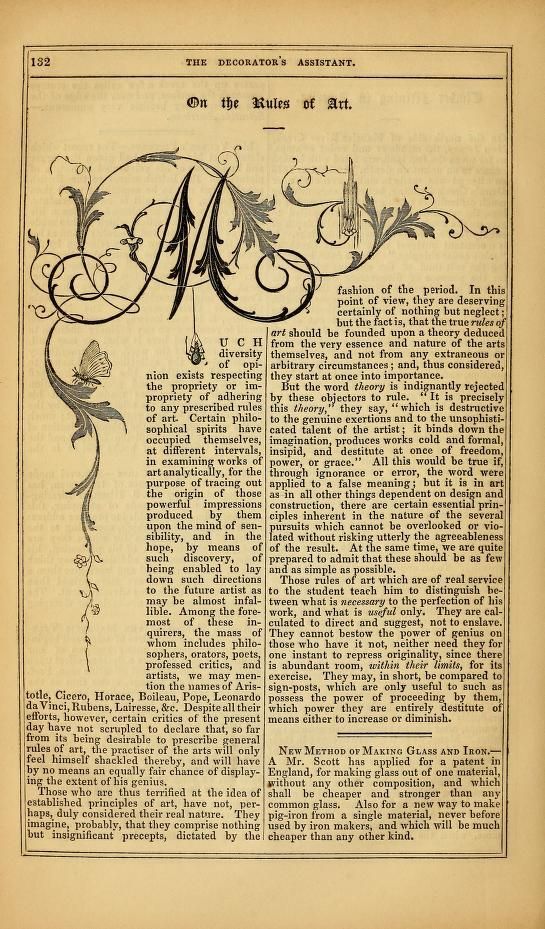



just a girl who loves coffee & milk
#simone rocha#orange cat#siamese kittens#cat#cat aesthetic#dreamy room#nature#nature aesthetic#mint green#mint green aesthetic#jacquard bedding#flower#flower aesthetic#sage green wallpaper#hibiscus flower#green#green aesthetic#plumeria flowers#i love the beach#henry thomas#1919 fashion#antique#antique aesthetic#vintage train#luxury train#fairycore#aesthetic moodboard#naturecore#moodboard#full moon
18 notes
·
View notes
Text
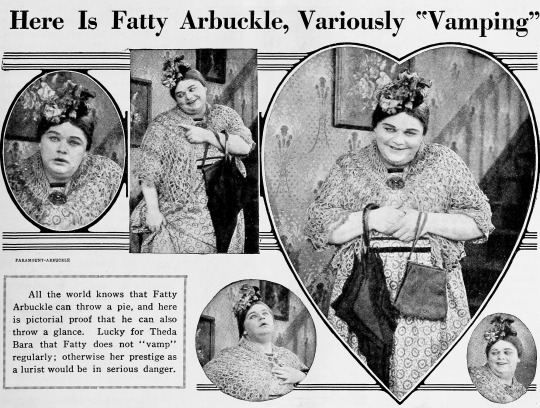
Here is Fatty Arbuckle, variously "Vamping"
All the world knows that Fatty Arbuckle can throw a pie, and here is pictorial proof that he can also throw a glance. Lucky for Theda Bara that Fatty does not "vamp" regularly; otherwise, her prestige as a lurist would be in serious danger.
#1930s#1910s#1920s#1920s hollywood#silent film#silent comedy#silent cinema#silent era#silent movies#pre code#pre code hollywood#pre code film#pre code era#pre code movies#vintage hollywood#black and white#old hollywood#slapstick#roscoe arbuckle#theda bara#Love#1919
17 notes
·
View notes
Text
are hesse's books just philosophical yaoi
#I've read demian and half of narcissus and goldmund and holy fuck????#this man is making me question my sanity and my views on the universe#and at the same time he's making me cry and laugh over the best couples i've ever read#i love nargold and demclair so much guys you couldn't even imagine#hermann hesse#demian#demian herman hesse#narcissus and goldmund#mine#classic lit#demian 1919
50 notes
·
View notes
Quote
You know what I'm remembering — that evening when The Sun Also Rises was published, and I put on my one necktie and we went to the Ritz and drank champagne with fraises des bois in the bottom of the glass. There's something romantic about poverty when you're young and hopeful.
Ernest Hemingway to Hadley Richardson, Hemingway in Love
#hemingway in love is the loveliest gem of a book#in fact if you like this quote just go buy a copy#it's only ninety pages but it ripped my heart out and stomped on it like agnes von kurowsky c. 1919#ernest hemingway#literature
95 notes
·
View notes
Text
Borrowed a 1919 collection of John McCrae's works from my local library, and I've stumbled across some additions:

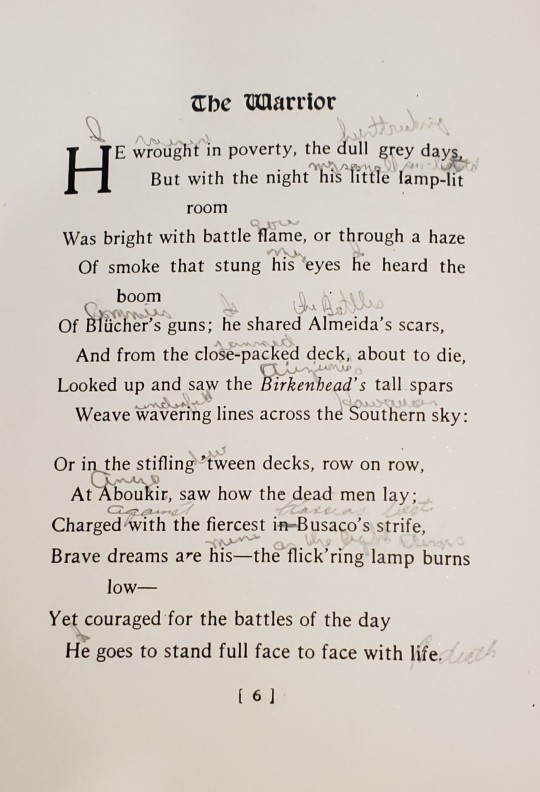
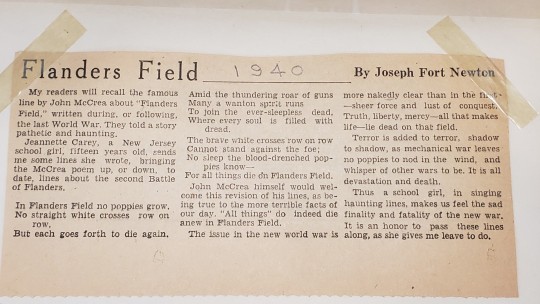
The last time this was borrowed was in the 1970s.
#i love this though! like little extra footnotes#in Flanders fields#john mccrae#1919#poetry#library#book#my pics#oh the humanity#john mccrea#wwi#wwii#antiwar#quotes#that newspaper clipping is haunting me#'It is all devastation and death.'#shut up ace
16 notes
·
View notes
Text
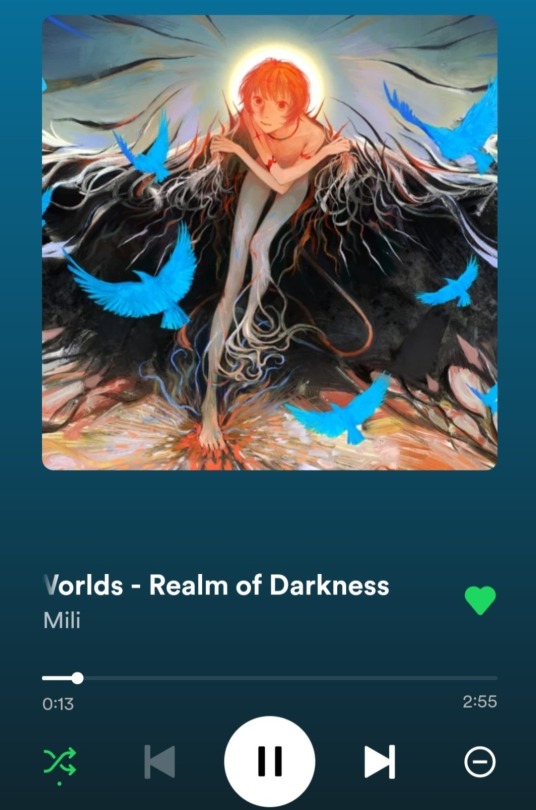
The brainworms are back.
#vimcei.text.#AN ART A WOUND A SENTIENT CANVAS#breakimg breaking breaking the shell breaking out oh breaking out (SHOW ME HOW! SHOW ME HOW!) LISTEN UP MY LOVELY CHILD! LETS!LA!MENT! LETS#your remindwr to listen to this song + read demian (1919) if ypu havent#ah fck i messed up the lyrics it was broken child why did i even write lovely child#hesse and miss cassie .... i failed you im sorry
9 notes
·
View notes
Text
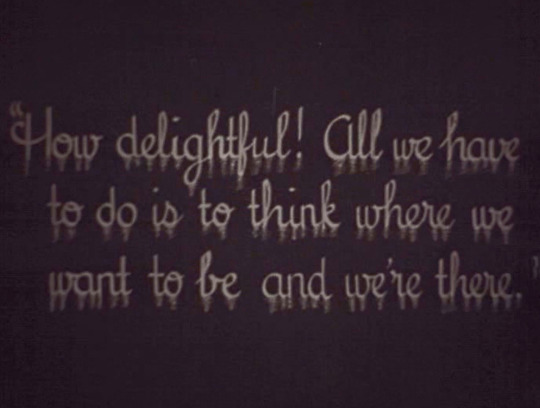
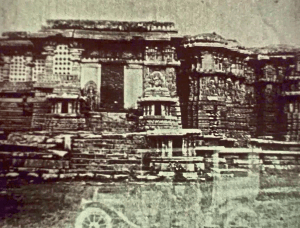

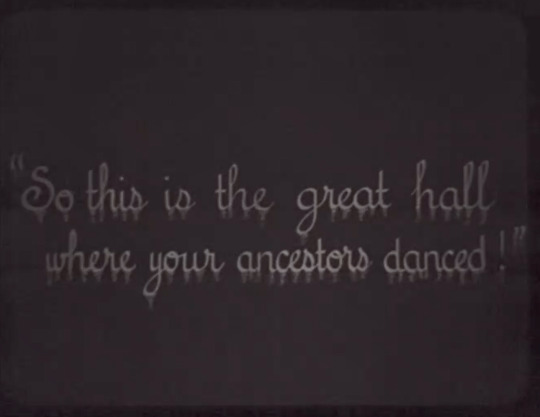
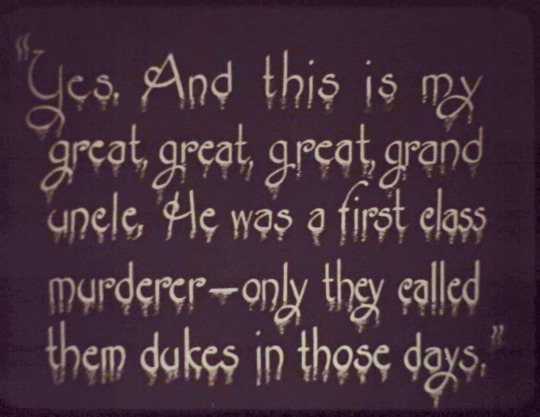

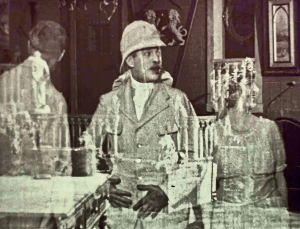
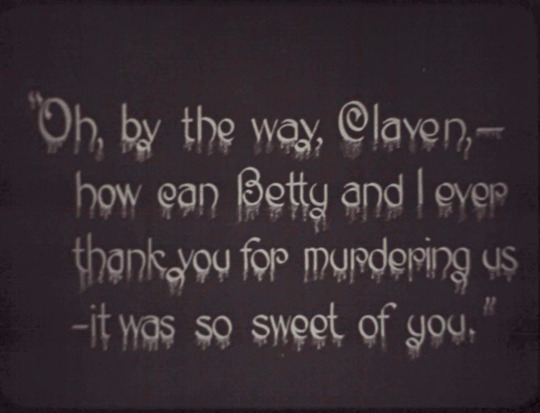
The Phantom Honeymoon (1919, J. Searle Dawley)
#the phantom honeymoon 1919#marguerite marsh#marguerite loveridge#vernon steele#hal clarendon#actually loved “claven (played by hal clarendon)” more than captain lambert#favorite
2 notes
·
View notes
Text
I just met an older black woman named cookie who told me she was traveling (which she "never does!") from (or after?) the family matriarch's funeral and before I could even finish my condolences she lit up and said "she lived to be 104!" And I was like "WOW she really lived life. Good for her!" Also like wow, imagine what she saw.
Cookie was so proud of family matriarch. Me too, honestly. (Another table opened up for her and her husband so they moved one over.)
When she got up, she said to me she's off to the wild unknown (traveling! A thing she doesn't much do!) and to wish her luck so I did.
Idk whose grandma and grandpa I just met but I love them. if you happen to have a grandma cookie please let her know she is a delight.
#family matriarch wouldve been born in like what 1919??#anyways i love cookie and wish her and her husband all the best in the world#all my oral history internship training just came back like ohhh cookie would be a Great Source#cookie family matriarch was born just around womens suffrage she mightve been a 1st gen black woman voter#she was probably born during the Spanish flu period!!#she was born just after the great war ended AND lived through wwii!!#i assume this means matriarch was a great or great great grandma
9 notes
·
View notes
Text




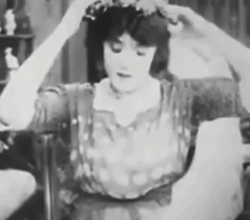
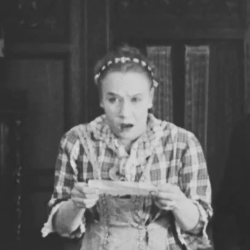



A Submarine Pirate (1915) / Willful Ambrose (1915) / Bombs! (1916) / The Feathered Nest (1916) / Her Torpedoed Love (1917) / Hearts and Flowers (1919) / Down on the Farm (1920)
From her Keystone debut in 1915 to her last First National comedy in 1922, Fazenda was one of Sennett's top comedy stars—appearing in nearly 60 Sennett shorts and features during that time.
Fazenda became familiar audiences as the hayseed girl who was forever falling prey to the shifty city slicker or evil mortgage holder, with her spit curl, ribbon-tied pigtails and calico dress. Just as often, she was the hard-working blue-collar girl who would leave her dreary job as a waitress or maid to collect a healthy inheritance—pursued by the usual assortment of Sennett fortune hunters. With hazel eyes and light brown hair, Fazenda could just as easily put on a blonde wig and play attractive, vampish roles.
Born in Lafayette, Indiana, the daughter of a Mexican-born grocer and American-born mother, Fazenda's family moved to LA by 1900—where she attended Los Angeles High School and St. Mary's Convent. She debuted in dramatic stock with Miss Del Valle in LA and later appeared with Virginia Brissac. Louise got her start in films at Universal in 1912 under the direction of Wilfred Lucas, but by 1913 was appearing alongside Max Asher, Harry McCoy, Bobby Vernon, Gale Henry, Lee Morris, Billy Franey, Heinie Conklin and the other featured players in Universal's Joker Comedies.
When her Sennett contract ended in Sep 1920, Fazenda joined Special Pictures Corp. briefly in late 1920; then she appeared in a trio of California Producers Corp.'s Punch Comedies (1921) co-starring Chester Conklin and John Henry Jr. That came before a brief return to Sennett for a couple of appearances during 1921-22. Fazenda starred in some of Jack White's Mermaid Comedies (1923-24) before settling into roles in features. With the coming of sound, Louise returned to shorts for Christie (1929) and Darmour (1930). She continued with feature support in films. Fazenda found a second home at Warner Brothers, becoming a familiar character face in musicals.
On March 7, 1919, Fazenda married Sennett director Noel M. Smith, to whom she'd been engaged since 1917; they separated on August 14, 1923, and divorced on August 1, 1926. On November 24, 1927 she married Warner Bros. publicity director Hal B. Wallis, soon to became Warners' studio manager and then a long-time film producer. Fazenda retired from the screen in 1939, and remained married to Wallis until her death at 66 in Beverly Hills of a cerebral hemorrhage, leaving Wallis and son Brent. She is interred at Inglewood Park Cemetery, Inglewood, California.
-Walker, B.E., 2010, Mack Sennett's Fun Factory, McFarland&Company, Inc., Publishers, pp. 502~504
#louise fazenda#a submarine pirate 1915#willful ambrose 1915#bombs! 1916#the feathered nest 1916#her torpedoed love 1917#hearts and flowers 1919#down on the farm 1920#책 인용
7 notes
·
View notes
Text
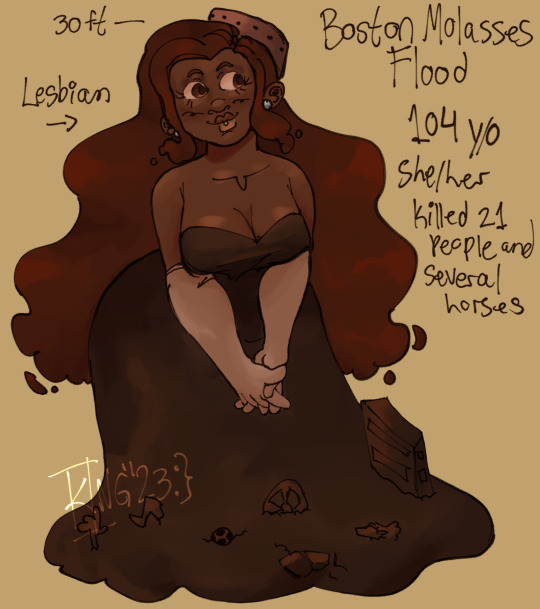
I would do anything 4 her
#SHE'S NOT GONNA B Q'D Y'ALL NEED 2 SEE HER#i love you Boston Molasses Flood of 1919#artists on tumblr#digital art#gijinka#digital drawing#drawing#miles scribblez
8 notes
·
View notes
Photo

Gabor Szabo - Dreams - Lp - Skye rec. - 1968 (cover Illustration from ‘Vision’ by John Austen, 1919)
#witches#occult#vintage#music#jazz#fortune tellers#injured love#galatea#fire dance#lady in the moon#ferris wheel#gabor szabo#dreams#lp#vinyl#skye records#1968#john austen#1919#vision
61 notes
·
View notes
Text
tommy's faith and trust in arthur's ability to take charge/take responsibility/be The Man is so astounding and bitter sweet, both in terms of how much the war broke arthur but also tommy's own sentimentality when it comes to him. and it's not a belief based on nothing at all either! it's knowledge and experience, and it's sort of the core problem when it comes to the frustration and resentment they feel towards each other; the constant back and forth and never seeing eye-to-eye despite craving that very thing and wanting something from the other that is impossible to give, because they are both so damaged in such irreparable ways
#fandom doesn't really consider that arthur was nominally the head of the family in s1 ie tommy didn't challenge it in those ten or so years#after their father left (minus the years lost to the war of course)#and that initially arthur still tries to enforce that authority with tommy during their first scene#but he and tommy aren't the same men anymore#tommy telling arthur this in the cellar scene and it visibly *hurts* arthur because he thinks he's just not able to be that person anymore#in any way#and tommy doesn't say these things out of cruelty but because he wants his brother back#they did set up a kind of reversal between them in s6; i don't know how far the film would go but it's something that could be interesting#so much happened between s1 and s6; 15 years later they aren't the same guys they were in 1919 either#*also the way polly and arthur sr and arthur himself react to tommy in s1 is pretty telling#he never was a timid person i'm sure but certainly less assertive and interested in being a leading figure in his family#though still bound by duty and love#given that everyone sort of seems to come to him with Their Issues even when not yet head of the family#it's an odd thing that people tend to miss about them idk. it's sort of obvious#i think the show is conscious of the fact that arthur IS the older brother#not such a set in stone hierarchy given that he's only three years older but it's not unimportant for either of them but esp#tommy
3 notes
·
View notes
Photo
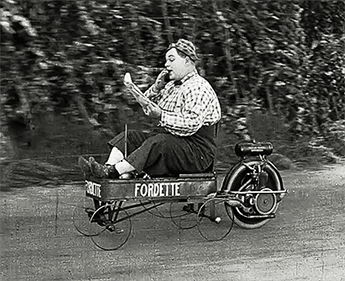
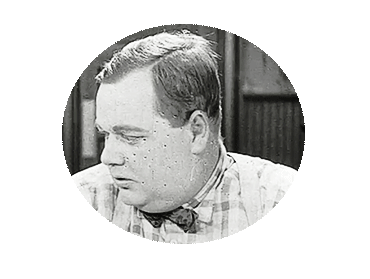
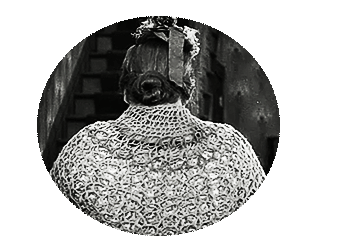

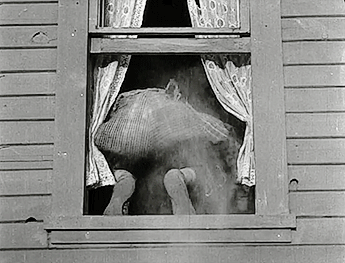

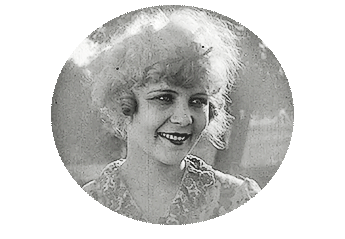


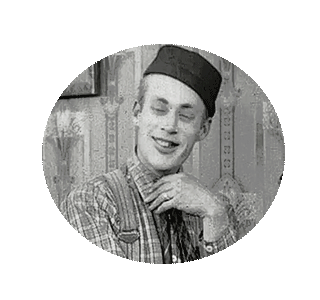
Roscoe Arbuckle, Al St John & Winifred Westover - Love (1919)
#Roscoe Arbuckle#Al St John#Winifred Westover#Love#1919#1910s#black and white#silent film#silent cinema#fimmaker#vintage hollywood#old hollywood#gifs#arbuckle edit
8 notes
·
View notes